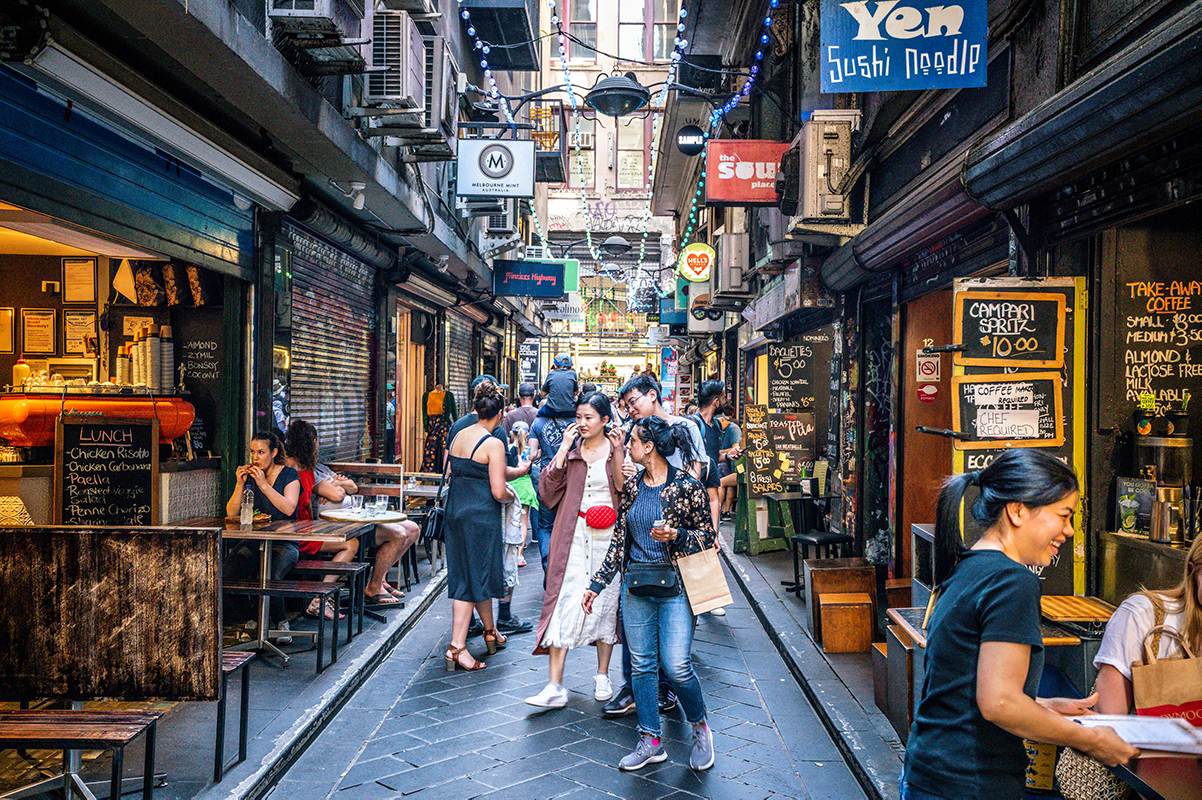
Cost-of-living crisis and staff shortages threaten £36bn hospitality and leisure growth
A new report warns today that the cost-of-living crisis could severely hamper the hospitality and leisure sector’s post-pandemic recovery amid a widespread lack of staff.
UK Hospitality’s Next Challenge, a study from Barclays Corporate Banking, shows that the release of pent-up consumer demand for socialising, holidays and experiences following the pandemic has boosted the sector.
As a result, over three quarters (77%) of H&L operators are confident of growth this year and have predicted an average 30.5% uplift in revenue compared with pre-pandemic levels. This equates to a £36bn rise in annual turnover over 2019 and a £54bn increase on 2021.
However, the predicted growth could be stifled by soaring supplier costs and a scramble for talent. Hospitality and leisure businesses report that their transport costs have already spiked by over 38% year-on-year on average, and their utility bills by 37%.
Mike Saul, head of hospitality and leisure at Barclays Corporate Banking, said: “The hospitality and leisure industry was undoubtedly one of the hardest hit by prolonged periods of lockdown during the pandemic.
“In the early part of 2022 however, in a society free from restrictions, the sector enjoyed strong sales, leaving many confident about their growth prospects.
“The worsening cost-of-living crisis is now a serious threat to that growth, with the latest Barclaycard Consumer Spending Index showing that restaurants, bars, pubs and clubs have all seen a slight decline in May 2022, compared to the month before.”
Meanwhile, over nine in 10 (94%) hospitality and leisure businesses are struggling to recruit personnel, with vacancies for cleaning staff (20%), front-of-house staff (18%), and delivery staff (16%) causing the most issues. In addition, almost a fifth (16%) of bars and restaurants are finding it difficult to hire waiting staff.
In response, H&L operators are establishing new incentives to recruit and retain talent. Permanent flexible working arrangements (23%) are the most popular measure, followed by increased staff welfare budgets and the introduction of bonuses (both 22%).
Almost one in five employers (19%) have also increased wages given to staff. Senior managers are set to receive the biggest boost to their pay packets, with an average increase of 7.7% – equivalent to £2,014 a year for a full-time worker.
Furthermore, delivery riders and drivers will receive an average increase of 7.5% (£1,616 per year for a full-time worker), followed by housekeeping staff (7.4% / £1,642), bar staff (7.3% / £1,145) and finance staff (7.3% / £1,936).
Kitchen staff will receive a 6.9% rise on average, equivalent to a salary bump of £1,196 for a full-timer.
Saul added: “Crucially for the industry, our research shows that talent shortages are also a major concern, with businesses in every vertical finding it challenging to fill their vacancies. It means there is now an added imperative for hospitality and leisure firms to find new and novel ways to recruit, reward and retain their staff.”
Another key result from the research shows that almost a quarter (23%) of hospitality and leisure firms are offering more sustainable products and services than they were before the pandemic, and 32% say that an increased focus on sustainability has been their most significant learning from the past two years. To counter rising costs, 23% of businesses are applying price rises to less sustainable or ethical products.





